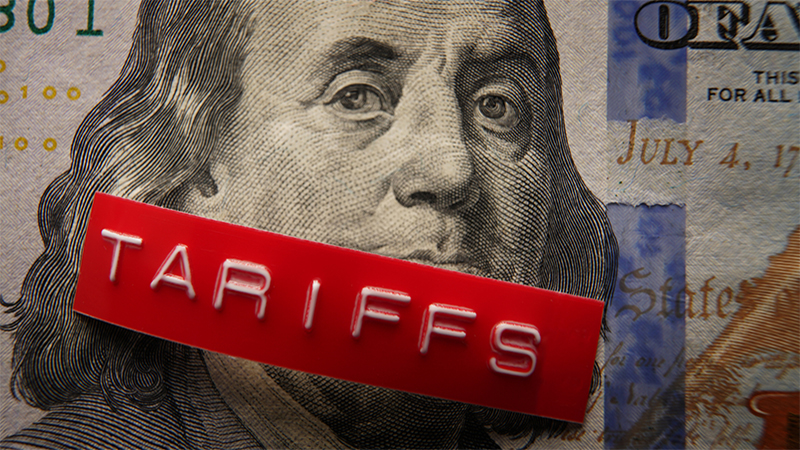There may be other differences too; one senses we may be seeing some of the things we have become very familiar with in recent months becoming priced-in to markets. In particular, we take the recent weakness of the euro as encouraging on a number of levels.
Chellenges remain
The fundamental backdrop remains very challenging, with deleveraging across the government, consumer and financial sectors of the developed world constraining the economic growth outlook for years to come.
The eurozone crisis is a symptom of that ‘bigger picture’ problem, and clearly the crisis is unresolved.
We remain devoutly sceptical there will be any structural reform to the single currency area that will allow anything other than a painful, long-drawn-out unravelling of the currently constructed edifice. The lack of competitiveness of most countries within the eurozone relative to Germany is unlikely to be solved by imposing austerity on the poorest countries, while requiring richer countries to do nothing to boost domestic demand, and hence growth.
It is also quite likely President Sarkozy will lose his re-election bid in May, which will require the introduction of a new term for the co-operation between the two major European powers, most likely involving putting Francois Hollande together with Angela Merkel. There may be uncertainty about the impact that has on what is in any case fragile political leadership within the eurozone.
But as Karl Marx and his followers discovered, awaiting the demise of the entire capitalist system under the weight of its internal contradictions was a losing strategy. Being so focused on the structural issues affecting the eurozone as to avoid analysis of anything else may well turn out to be equally disappointing.
Positive ECB moves
For one thing, the European Central Bank has acted in recent weeks to make a particular disaster scenario – the sudden failure of a eurozone bank – less likely. The combination of working with five other central banks, including the Federal Reserve, to provide dollar funding at the end of November was a reminder that co-ordinated central bank action could work, at least to ease the plumbing of the financial system.
The ECB’s significant expansion of the collateral it would accept in return for funding, combined with extending refinancing operations from one year to three years, has also significantly aided European banks. Additionally, it has led to the ECB’s balance sheet expanding to €2.7trn, making it 30% larger than the Fed’s balance sheet.
This does not mean that European banks are healthy – the large and heavily discounted rights offering by UniCredit in the first week of January was a reminder of that. But the ECB is signalling that it will give banks the kind of support that should prevent a European Lehman Brothers happening.










